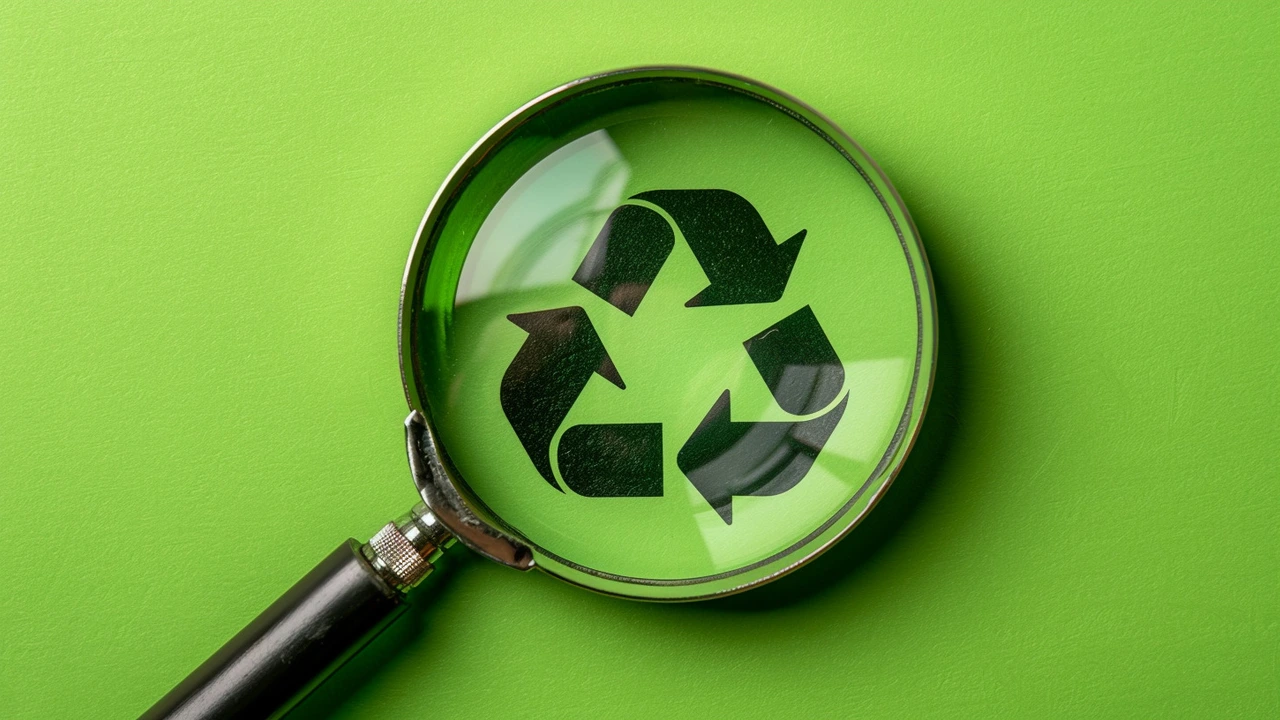Low Carbon Ventolin Inhaler — what GSK announced in March 2024
GSK has begun phase III trials for a low carbon Ventolin inhaler. That’s the short version, but it matters for people who use reliever inhalers and for anyone worried about healthcare’s climate impact. Ventolin (salbutamol/albuterol) is one of the most common metered dose inhalers (MDIs), and MDIs use propellants that have a high global warming potential. A lower-carbon propellant could cut the carbon footprint of millions of doses every year.
What GSK is testing
The company is testing a modified Ventolin formulation or a new propellant that aims to deliver the same relief while releasing fewer greenhouse gases. Phase III means larger safety and effectiveness trials with more patients — the step before regulators consider approval. If results are positive, GSK would still need to clear regulatory checks and scale manufacturing. That process usually takes months to a few years, depending on results and approvals.
Why try this now? GSK and other drugmakers have set net-zero or near-net-zero targets. Metered dose inhalers are a visible part of that footprint because the propellant accounts for most of their lifecycle emissions. Switching propellants or redesigning devices can make a real difference in overall emissions without changing how patients use their inhalers.
What this means for patients and prescribers
If you use Ventolin, nothing changes today. Trials don’t mean an immediate switch. Talk to your doctor or pharmacist before changing inhalers. New inhaler devices or propellants may feel the same in your hand, but dosing, technique, and instructions need to match the product you’re prescribed. Health professionals will watch the trial data closely to make sure the low carbon option stays as safe and effective as the current Ventolin.
There are practical steps patients can take now: keep your inhaler technique correct, check expiration dates, and ask your pharmacist about recycling or take-back programs for used inhalers. Proper disposal prevents propellant release and supports recycling schemes where available.
This March update is one small but concrete step toward greener healthcare. The trial is a sign that big manufacturers can change everyday products — like a reliever inhaler — in ways that lower emissions. Watch for published trial results and regulatory updates if you want the timeline. For now, keep using your prescribed inhaler and consult your clinician about any future switches.
GlaxoSmithKline (GSK) is pioneering the shift towards sustainable healthcare by initiating phase III trials for a low carbon Ventolin inhaler. This move could significantly reduce the environmental impact of metered dose inhalers, which are a substantial part of GSK's carbon footprint.
Read more






